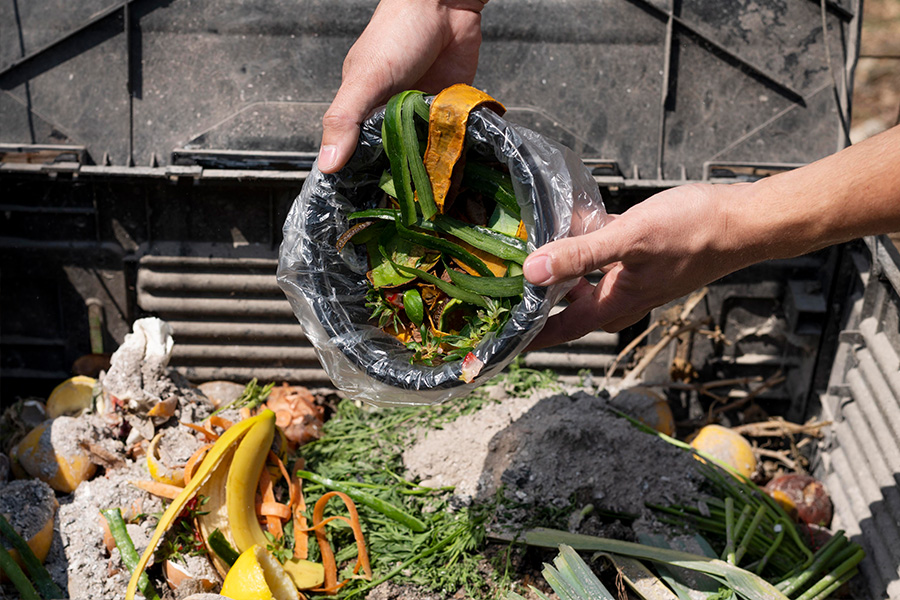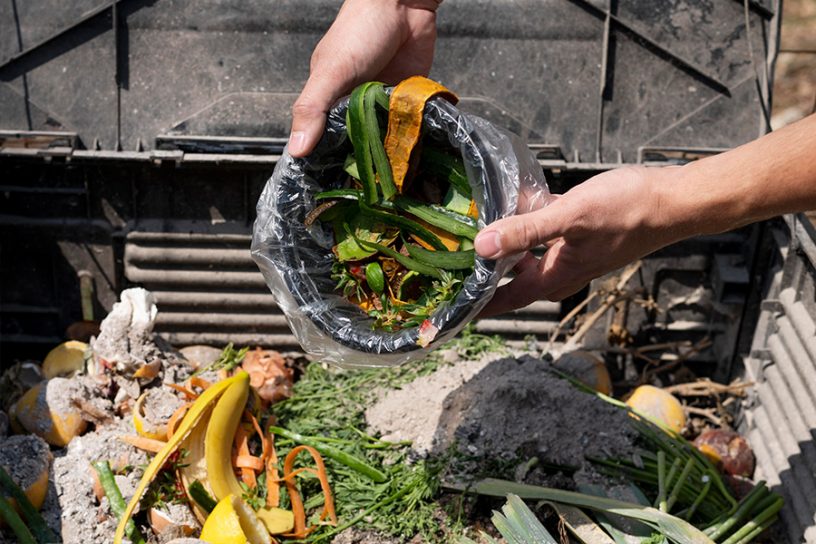
Waste collection fees, unethical behavior, and a lack of engagement and commitment in activities are acting as key barriers, finds the research.
Authors
Sachin Kumar Mangla, Professor, Jindal Global Business School, O.P. Jindal Global University, Sonipat, Haryana, India.
Shristi Kharola, Department of Mathematics, Graphic Era Deemed to be University, Dehradun, Uttarakhand, India.
Mangey Ram, Department of Mathematics, Computer Science & Engineering, Graphic Era Deemed to be University, Dehradun, Uttarakhand, India; Institute of Advanced Manufacturing Technologies, Peter the Great St. Petersburg Polytechnic University, 195251 Saint Petersburg, Russia.
Nupur Goyal, Department of Mathematics, Graphic Era Deemed to be University, Dehradun, Uttarakhand, India.
O.P. Nautiyal, Uttarakhand Science Education and Research Centre (USERC), Dehradun, Uttarakhand, India.
Anita Rawat, Uttarakhand Science Education and Research Centre (USERC), Dehradun, Uttarakhand, India.
Yigit Kazancoglu, Department of Logistics Management, Yasar University, Bornova, Izmir, Turkey.
Durgesh Pant, Uttarakhand Science Education and Research Centre (USERC), Dehradun, Uttarakhand, India.
Summary
Organic waste disposal methods, notably landfilling, not only deplete resources but also contribute to environmental challenges. This research looks at potential barriers to organic waste management solutions.
The objective of this study is to identify the barriers to organic waste management solutions from an actor’s perspective, and to explore their causal relationships to overcome the organic waste management problem from a system perspective.
Several key challenges were identified regarding organic waste management solution, the current intervention overview indicates that promoting and tracking attention towards “value to waste” would be an effective solution approach.
Waste collection fees, unethical behavior, and a lack of engagement and commitment in activities show a subsequent effect on consumer-household solutions, which are currently acting as priority barriers in this research.
In order to have a better understanding of this complex issue, a detailed knowledge of barriers (leading to organic waste) is discovered and evaluated with the application of fuzzy Decision Making Trial and Evaluation Laboratory (DEMATEL).
The data for this research has been taken in the context of a developing economy like India. This work can provide structural support to the managers by knowing the cause (influencing) and effect-group (influencing) barriers to the effective implementation of an organic waste management system in a circular economy context.
Published in: Journal of Cleaner Production
To read the full article, please click here.


